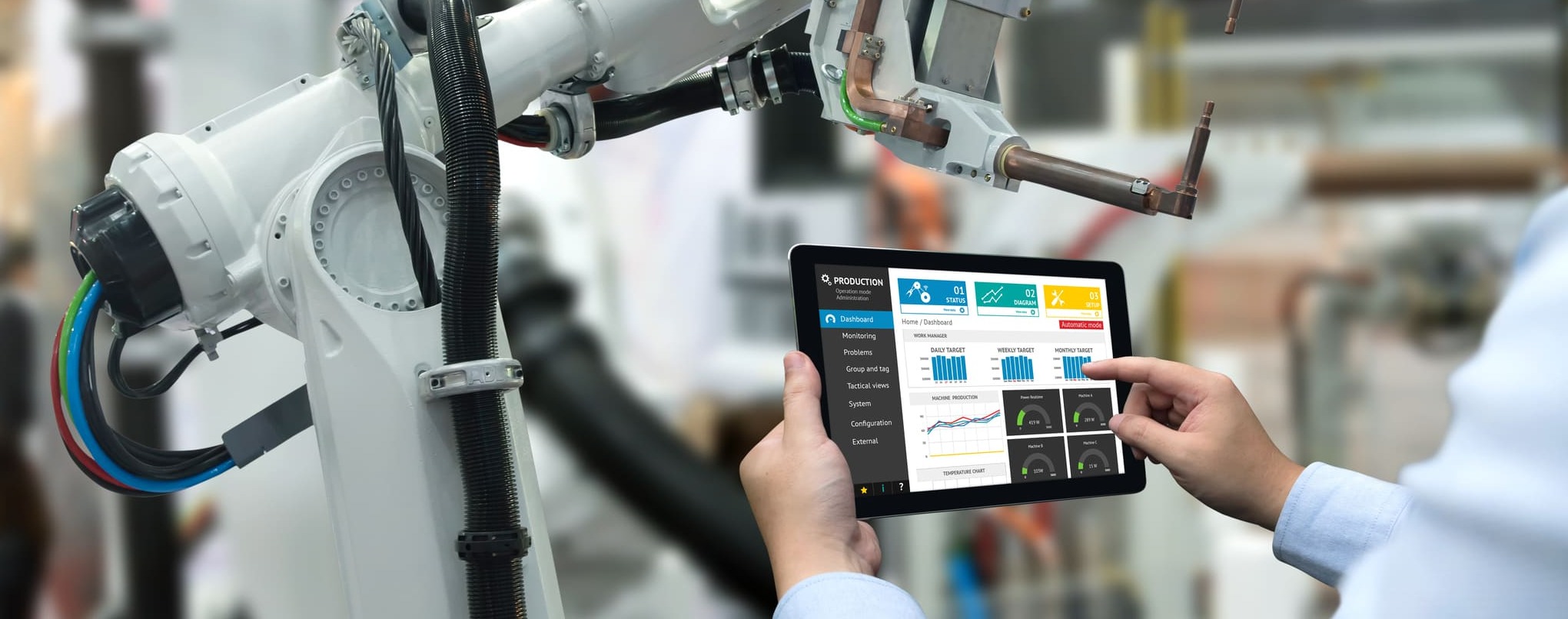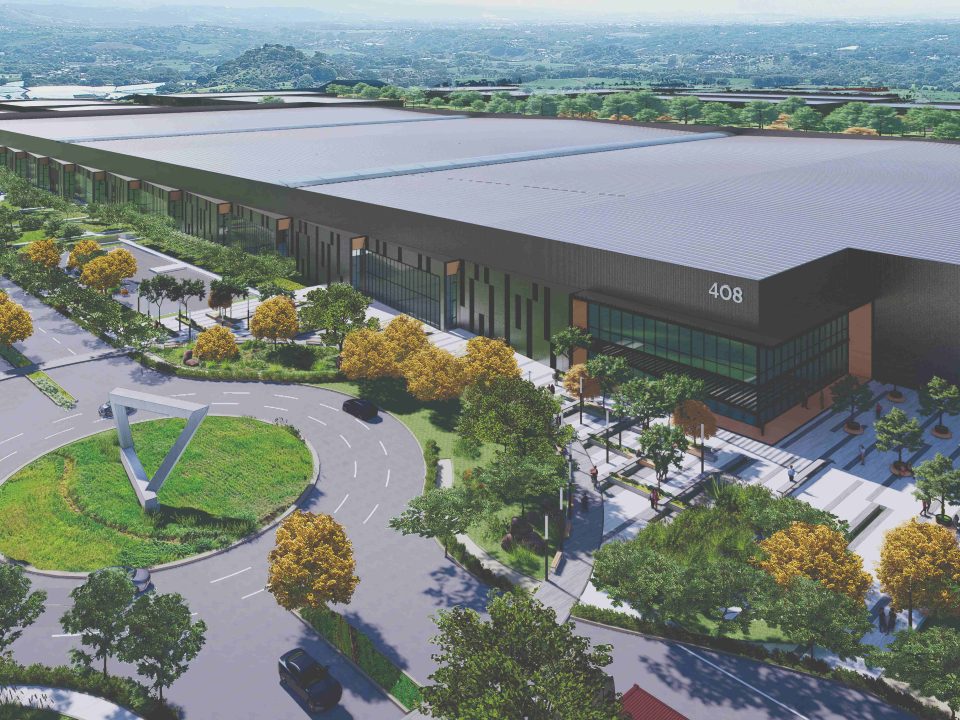

News

Companies already operating in Costa Rica decide to continue investing in the country
20 de September de 2023
Evolution Free Zone recognized as the “Rising Star” of 2023 by fDi Intelligence
12 de October de 2023Robotic Process Automation as a driver for creating high-quality talent in Costa Rica
The country’s positioning as a global hub for operations in medical devices, smart manufacturing and knowledge-intensive services, have created the need for higher technical skills in the local workforce
September 2023. Our country has an acknowledged recognized advantage for Foreign Direct Investment. With an incredible location in the center of America, almost 98% literacy rate, 88% digital penetration, skilled workforce, legal security, and a particular respect for the environment and sustainable commitment, companies see Costa Rica as a paradise to operate.
However, these factors form a mechanism in which, if one of its components fails, it affects the rest of the production chain. One of the most affected links is the production of skilled qualified talent in automation,
The country’s positioning as a global hub for operations in segments such as medical devices, smart manufacturing and knowledge-intensive services, as well as the growing rate of technical innovation in the industry, have created the need for higher technical skills in the local workforce, one of the Main Trends and Industrial Innovations for the Coming Years.
The report “Digitalization and Employability in Costa Rica: Training and Education Needs in the Medical Devices and ICT sectors,” published in February 2023 under the Dual Training Agreement between the state-owned National Institute of Learning (INA), the Business Alliance for Development (AED), and the Konrad Adenauer Foundation Costa Rica (KAS), determined that companies require skilled individuals in project management, data processing, analysis, design, and development of new technologies (artificial intelligence, automation, and Robotic Process Automation – RPA), to primarily contribute to the medical devices, digitalization, and information and communication technology sectors.
What can companies do?
Automation in business processes allows machines to handle repetitive tasks, freeing up employees to focus on the operation of these machines and other technology-related tasks. This has a positive impact on people’s morale. A publication by Fagen Wasanni Technologies states that “by automating repetitive tasks, RPA frees up employees to focus on more strategic, value-added activities. This not only boosts productivity but also enhances job satisfaction, as workers are relieved of mundane tasks.”
To overcome this hurdle, there is a need for greater education and awareness-raising about the benefits and potential of RPA. This could be achieved through industry forums, workshops, and training programs. Additionally, businesses could benefit from consulting with RPA experts to gain insights into best practices for implementation,” concludes the note.
Furthermore, the Digitalization and Employability Report mentions the urgency for existing companies to adapt their model and “provide information about their needs and open spaces for workplace training,” including talks, workshops, internships, and apprenticeships, among others.
What can governments do?
ThroughGovernments should strengthening technical and vocational education, as well as training institutions and training institutions, allowing the allows the future workforce to to enter the joba market with a higher where they had the opportunity to be expositioned to the industry’s practices during their formative years.
Additionally, they should performing periodic market analysis allows curriculum to adapt to the market demand, promoting careers with higher placement possibilities. meaning they must have a versatile curriculum and be agile in making changes.
What can individuals do?
The study emphasizes that “it is essential to promote a competency-based training approach and/or learning outcomes associated with problem-solving methodologies or project development, where teaching staff becomes facilitators of the processes.”
For many companies that operate in Free Zones, English proficiency is a highly valued skill. Language skills should be complemented with education in technical fields, where there is growing market demand. We should encourage students to learn English and choose careers that allow them to position themselves in these fields, which will be competitive in the short term. Some of these careers include software development, services in 4.0 technologies, such as cloud computing, automation, and the Internet of Things.
One of these growth opportunities is the projection of more than 20,000 jobs that Evolution Free Zone plans to generateimplement within the next 15 years. This is a great opportunity for current high school and university students who can pursue a carerer in the field.
Read: Evolution Free Zone will create 20,000 jobs within the next 15 years
Implementing Robotic Process Automation is crucial as part of the industrial trends that will gain strength in the coming years, but it requires the cooperation of all players in society, as it is an effort that demands personnel, public policy, flexibility, training, and management commitment, among other important elements to function properly. Its use will be imminent, so we must not lag.



